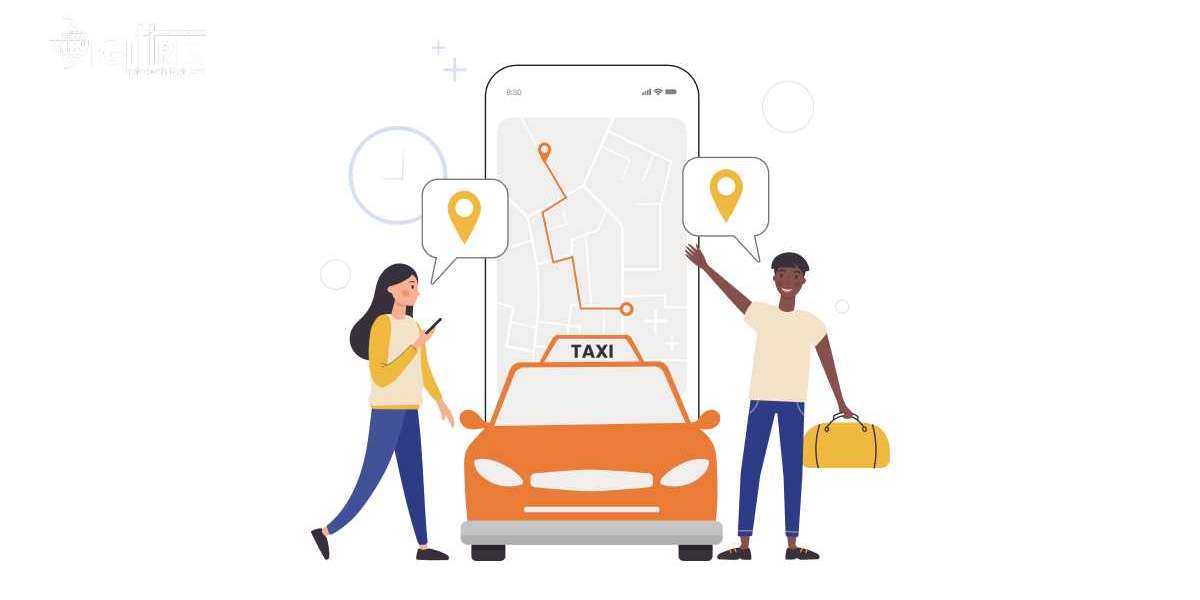Ride sharing apps are transforming urban transport by offering convenience, affordability, and eco-friendly travel options. Modern solutions enhance user experience with real-time tracking, secure payments, and seamless bookings.
Urban travel is evolving into a more connected, eco-friendly, and user-centric experience. Instead of relying solely on private cars or traditional taxis, many city residents are now turning to flexible transportation solutions. Platforms like Cityhop have shown that integrating smart technology with sustainable travel options can redefine how people move through urban spaces. These services make commuting more affordable, reduce traffic congestion, and contribute to greener cities.
What users expect from a modern ride sharing platform
Today’s riders expect more than just transportation—they want convenience, control, and an engaging digital experience. Essential features include instant booking, live vehicle tracking, secure payment gateways, and dependable customer support. A clean, intuitive interface and quick onboarding process can make all the difference in retaining users and encouraging repeat rides.
To build a ride sharing app like Cityhop, your platform should focus on user-first design. Features like pre-booking rides, saving favorite destinations, and enabling digital key access can elevate the overall experience. Offering a seamless balance between usability and advanced functionality will help your app stand out in a competitive market.
Technologies that drive smart mobility platforms
The backbone of any successful ride sharing service lies in its technological foundation. GPS tracking, real-time fleet monitoring, AI-driven route optimization, and cloud-based storage systems ensure smooth operations. AI can also help identify peak demand times, optimize driver allocation, and recommend alternative routes to avoid delays.
Incorporating IoT solutions such as remote diagnostics and predictive maintenance helps maintain fleet reliability. This proactive approach reduces downtime, extends vehicle lifespan, and ensures riders enjoy a safe and consistent service.
Supporting sustainability through shared mobility
As urban areas increasingly prioritize carbon reduction, eco-conscious travel options are becoming a major selling point. Offering electric or hybrid vehicles, enabling ride pooling, and displaying CO2 savings in-app can inspire users to make greener travel choices.
With the right approach, ride sharing app development can position your platform as both profitable and environmentally responsible. By embedding sustainability into your service model, you appeal not only to users but also to government initiatives and corporate sustainability goals.
Key features that elevate your ride sharing app
To compete with established platforms, your app must deliver beyond the basics. Advanced features to consider include:
Multi-stop ride scheduling
Tiered service levels, such as economy, premium, and electric-only options
In-app tipping and rating systems for both riders and drivers
Loyalty points or rewards for frequent usage
24/7 live chat or voice support within the app
Localization features, including language preferences and regional payment methods, can also increase adoption rates in different markets. Personalization based on user behavior will further improve retention and engagement.
Why you need expert developers for ride sharing platforms
Developing a ride sharing platform requires more than general app building experience—it demands deep knowledge of real-time data processing, geolocation services, and scalable system design. Partnering with a skilled mobile app development team ensures that your platform is built with a strong architecture, efficient backend systems, and a polished, user-friendly frontend.
An experienced development partner will also help manage integrations, payment compliance, data security, and post-launch maintenance. This expertise can save time, reduce costs, and improve the quality of your final product.
Launch locally, then scale strategically
Starting small can help minimize risks and allow you to refine the platform before expanding. A controlled local launch provides the opportunity to collect user feedback, monitor app performance, and fine-tune features. Once the system is stable and well-received, scaling to new areas or adding additional vehicle types—such as electric scooters or cargo vans—can open up new revenue streams.
Collaborating with a reputable app development company in London can also give you access to best practices and global insights, ensuring your platform remains competitive on a larger scale.
Final thoughts
The future of urban mobility is increasingly digital, sustainable, and user-driven. A ride sharing platform modeled after Cityhop offers the perfect blend of convenience, innovation, and environmental responsibility. By combining thoughtful feature design, advanced technology, and expert development, your app can play a pivotal role in shaping the way cities move in the years ahead.




















